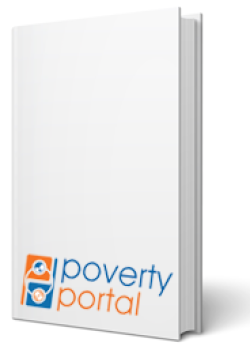Equity in Financing and Delivery of Health Services in Bangladesh, Nepal and Sri Lanka
Results of the Tri-country Study
Bangladesh, Nepal and Sri Lanka are three low-income developing countries in the South-East Asia region. Working with a national health accounts approach, existing data sources were used to assess the equity in distribution of financing and health system resources in the three countries. Simple tables of incidence by decile, Lorenz curves, Kakwani, Suits and concentration indices were used for analysis. Because of significant socio economic differentials in the propensity to report sickness between poor and rich persons, it was not possible to examine inequity in distribution of health care resources controlling for underlying need. For Bangladesh and Sri Lanka, national health accounts already existed in official form, but not for Nepal. It was possible to complete the analysis in the two countries with NHA, but not in Nepal. All three countries have health systems in which the predominant sources of financing are taxes and direct out-of-pocket payments by households. Despite the overall similarity in financing and provision systems, there are significant differences observed in actual performance between Bangladesh and Sri Lanka. In Sri Lanka, it was found that both tax and out-of-pocket payments were progressive means of financing, and that government health care expenditures were pro-poor in their distribution. In Bangladesh, the same financing mechanisms were found to be modestly regressive, and the distribution of government health expenditures was not pro-poor. The major explanations for this differing national performance appear to be a lower propensity of poor people in Bangladesh to recognize and respond to sickness, and lack of any consumer differentials in quality between private and public sector encouraging the rich to preferentially use private services instead of public ones. Sri Lanka's experience suggests that improving equity in Bangladesh would require increasing health awareness amongst the Bangladeshi poor, substantially improving their access to modern medical services, and improving the progressiveness of taxation in general.

